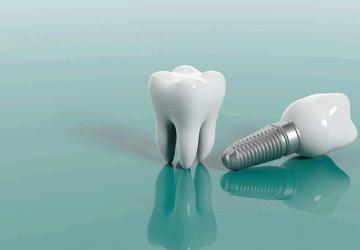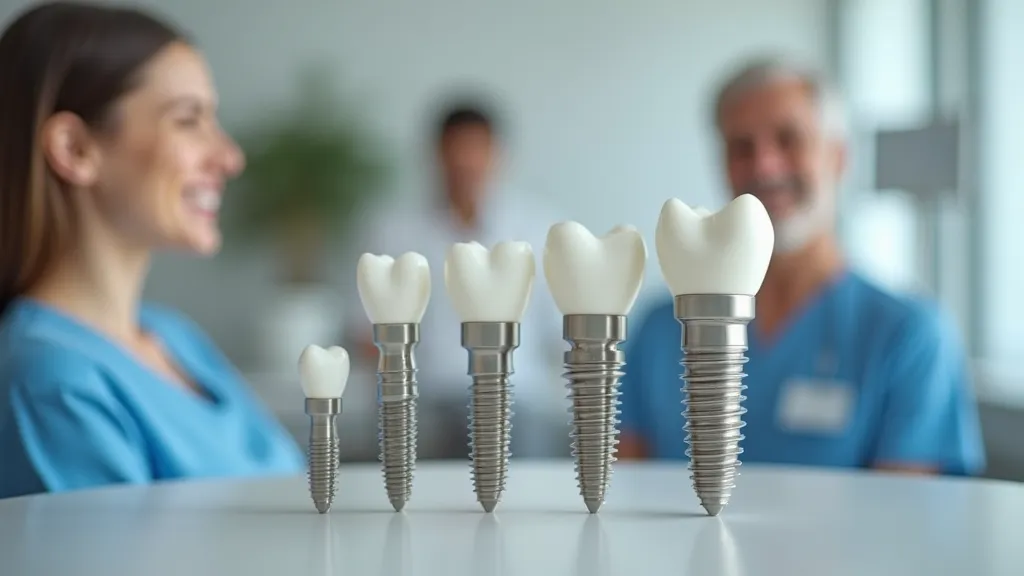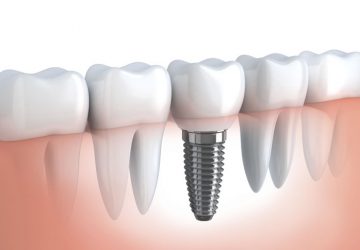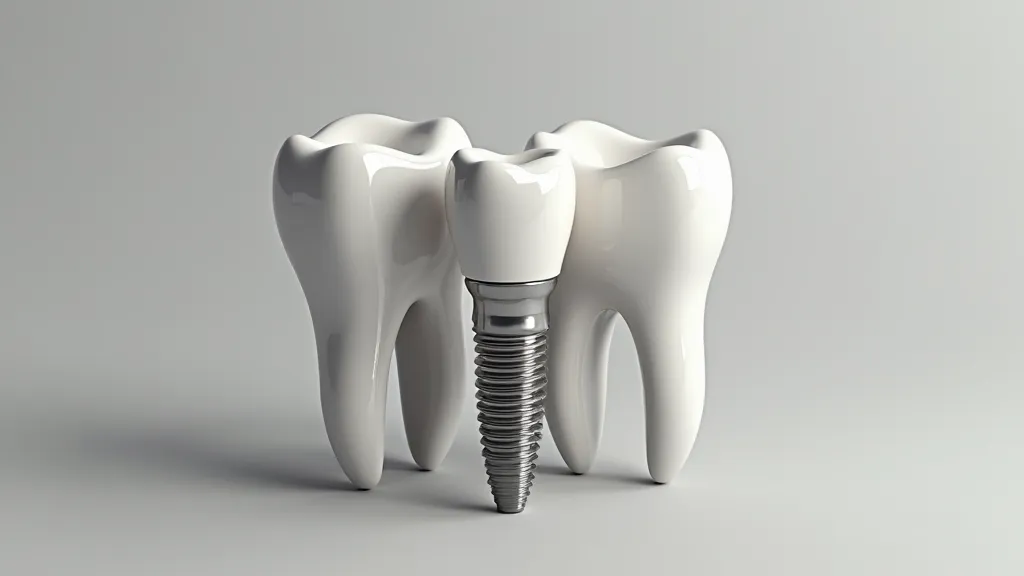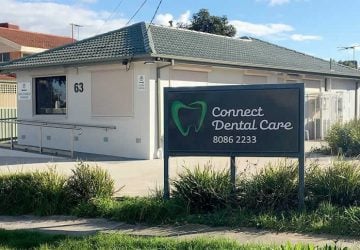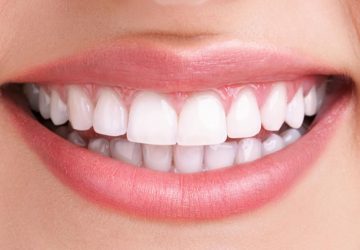Ultimate Recovery Roadmap: Smooth Sailing to Healing After Dental Implant Surgery
Following the placement of dental implants, the period of convalescence is of paramount importance, demanding stringent adherence to post-operative protocols. Proper recuperation is vital to the effectiveness and good integration of the implants. This comprehensive guide aims to navigate you through the post-surgical healing phase, imparting essential advice and actionable measures to accelerate the recuperation and guarantee the impeccable performance of your newly acquired dental implants.

Ensuring a Safe Trip HomeImmediately following your dental procedure, it is essential to have a reliable individual escort you back to the comforts of your home, considering the lingering aftereffects of any sedation administered. To curtail bleeding and foster the formation of a protective blood clot at the site of the surgery, apply light pressure by biting down softly on a gauze pad, swapping it prior to it becoming drenched with blood.
Strategies for Pain AlleviationTo manage pain post-surgery, your oral health care provider may prescribe analgesics. Be sure to follow the prescribed regimen for effective pain control. For added relief, over-the-counter medication may be employed, yet it is prudent to seek advice from your dental professional concerning suitable alternatives and their recommended dosages.
Oral Hygiene Post-Implant SurgeryMaintaining a clean oral environment is critical post-surgery. Gently rinse your mouth several times a day using a warm saline solution, ensuring the cleanliness of the operated area without aggravating it. Vigorous rinsing or spitting must be circumvented to avoid hampering the healing trajectory.
Dietary Guidelines Post-SurgeryAfter your implant procedure, opt for a diet composed mainly of soft foods and liquids, sidestepping items at high temperatures. As your mouth heals, you may gradually reintroduce firmer foods into your diet. Maintain fluid intake to ensure hydration, but refrain from using straws, as the resultant suction might disrupt healing at the implant sites.
Curtailing Negative HabitsTo facilitate recovery, avoid consuming tobacco products and alcoholic beverages since they can significantly hinder the healing process and provoke complications. Moreover, desist from engaging in any form of strenuous physical exertion for several days after the surgery to prevent undue stress on your body.
Addressing Inflammation and DiscolorationTo mediate post-surgical swelling and potential bruising, apply cold compresses intermittently to the areas of your face adjacent to the implant sites. Sleeping with the head raised above the body may also prove effective in minimizing swelling.
Rigorous Adherence to Dental GuidanceIt is crucial to follow the aftercare instructions prescribed by your dental practitioner meticulously. This covers explicit recommendations pertaining to oral care, any limitations on activities, as well as when and how to take your medication. Additionally, ensure to attend all subsequent consultations for professional monitoring and cleaning.
Handling Prosthetic DevicesIn the event that you have been given temporary prosthetic devices such as bridges or dentures, diligently adhere to your dentist's advice on the correct usage of these appliances throughout the healing phase.
Vigilance for Potential ComplicationsRemain alert for any signs indicative of infection or complications, including unusual or sustained swelling, persistent bleeding, or intense pain. Immediate contact with your dental provider is imperative should you observe any abnormalities or if your symptoms aggravate.
Upholding Implant IntegrityTo ensure the durability of your implants, it is essential to commit to routine and thorough oral care practices such as brushing, flossing, and regular dental visits for check-ups. Complement this with a balanced, nutrient-rich diet to bolster overall oral health.
Consciousness of Oral PracticesBeware of any habits that could stress your implants, like gnashing or clinching your teeth, which may apply undue pressure and possibly endanger the implant structure. If such habits are a concern, consult with your dentist on the potential need for a protective night guard or similar appliance.
Embarking on the journey of recovery following dental implant surgery involves dedication, meticulous planning, and compliance with expert directions. Managing any discomfort, preserving oral cleanliness, cultivating beneficial dietary and lifestyle routines, and proactively identifying and managing potential complications are all steps that lead to a smooth and successful recovery, ensuring the ideal operation of your dental implants.
-
1

Revolutionizing Smiles: The Breakthrough Innovations in Dental Implants Changing Oral Health Care Forever
-
2

Unveiling the Top Dental Implant Options for Seniors: Transform Your Smile with the Ultimate Guide to Restored Radiance
-
3

Understanding Dental Implants Costs and Financing
-
4

Discover the Key to a Dazzling Smile: Your Ultimate Handbook for Selecting the Ideal Tooth Replacement Option
-
5

Affordable Dental Implants Solutions Near You
